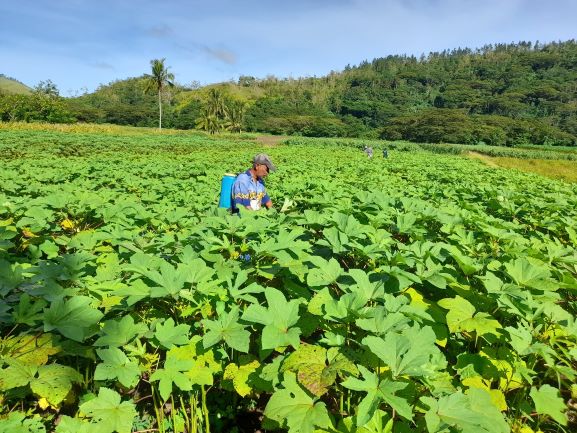BUT ARE THEY BEING HEARD?
By Samantha Magick
Were you one of the many Pacific Islanders who spent the first few weeks of the coronavirus pandemic with soil under your nails? The introduction of lockdowns plus border closures precipitated an explosion of backyard gardening across the region last year, as people had more time on their hands and looked to feed their families and supplement incomes.
For a few weeks early in pandemic, vegetable seeds were almost impossible to come by in stores, and there were long lines for free seeds outside the . . .
Please Subscribe to view full content...
